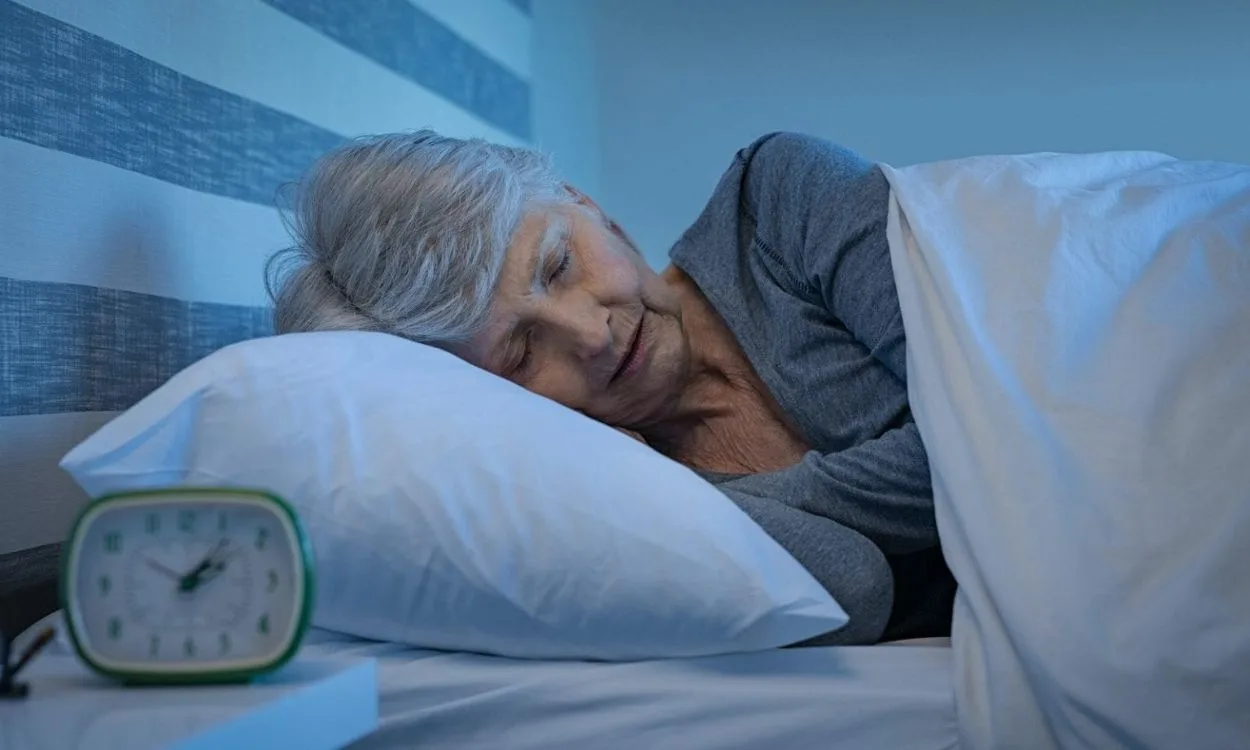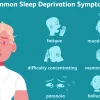How does aging affect our sleep patterns?
As we age, our sleep patterns naturally change. The quality and quantity of our sleep tend to decline, and we may experience more difficulties falling asleep and staying asleep throughout the night. It is important to understand these changes and adapt our habits to ensure we get adequate rest. In this article, we will explore the various ways in which aging affects our sleep patterns and provide tips for maintaining healthy sleep habits.
1. Changes in sleep architecture
- As we age, we tend to spend less time in deep sleep. Deep sleep is crucial for the restoration and repair of our bodies, and a decrease in this stage can leave us feeling less refreshed and rejuvenated in the morning.
- The amount of time spent in REM (Rapid Eye Movement) sleep also decreases with age. REM sleep is associated with dreaming and cognitive processes, so a reduction in REM sleep can affect memory and overall cognitive function.
2. Increased nighttime awakenings
- Older adults often experience more frequent awakenings during the night. These awakenings can be attributed to a variety of factors such as sleep disorders, medical conditions, medication side effects, or discomfort due to age-related physical changes.
- It is important to address the underlying causes of these awakenings to promote optimal sleep. Consulting with a healthcare professional can help identify and treat any underlying sleep disorders or medical conditions.
3. Advanced sleep phase syndrome
- Many older adults find themselves naturally going to bed and waking up earlier than they used to. This shift in sleep-wake preferences is known as advanced sleep phase syndrome, and it can disrupt sleep if not properly managed.
- Maintaining a consistent sleep schedule and ensuring exposure to natural light during the day can help regulate the body’s internal clock and promote better sleep at night.
4. Increased daytime fatigue
- Poor sleep quality and disruptions throughout the night can lead to increased daytime fatigue and sleepiness. This can impact daily functioning and overall quality of life.
- Engaging in regular physical activity, maintaining a healthy diet, and avoiding excessive napping during the day can help combat daytime fatigue and promote better sleep at night.
5. Sleep disorders and medical conditions
- Aging is often associated with an increased risk of developing sleep disorders and medical conditions that can disrupt sleep. Conditions such as sleep apnea, restless leg syndrome, and chronic pain can all contribute to poor sleep quality.
- Seeking medical attention and following appropriate treatment plans for these conditions is essential for improving sleep and overall well-being.
Now that we have explored the ways in which aging affects our sleep patterns, it is important to take proactive steps towards improving our sleep quality. One effective tool to help you achieve better sleep is the Fitpaa app.
The Fitpaa app offers personalized sleep plans that are tailored to your specific needs and goals. With the help of AI-driven technology, the app provides real-time guidance and support to help you optimize your sleep habits.
Additionally, the Fitpaa app offers a variety of features designed to enhance your sleep experience, such as white noise and relaxation exercises. These features can promote relaxation and create a calming environment conducive to better sleep.
To experience the benefits of the Fitpaa app and improve your sleep quality, download it now and embark on a journey towards better sleep and overall well-being.









